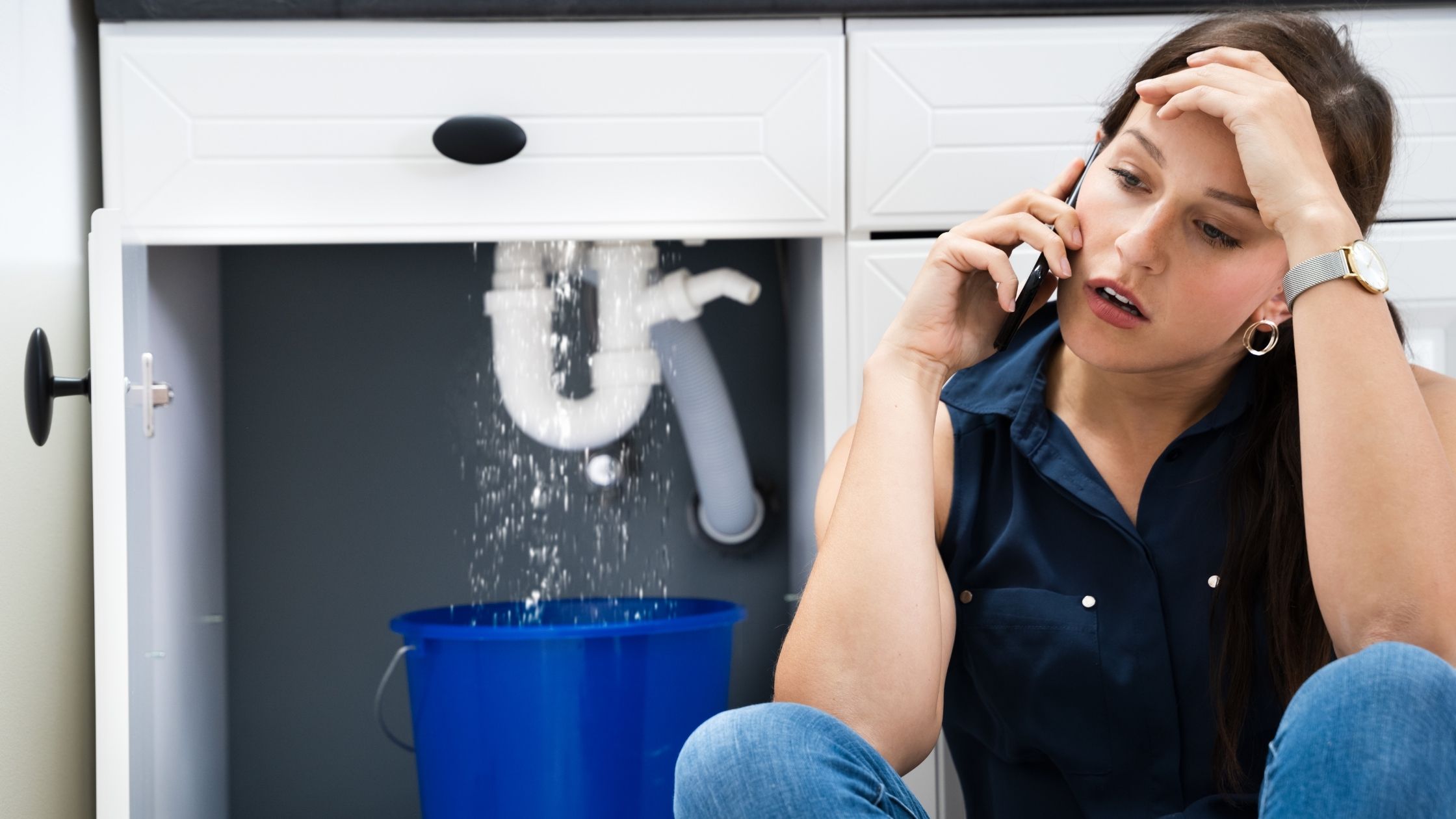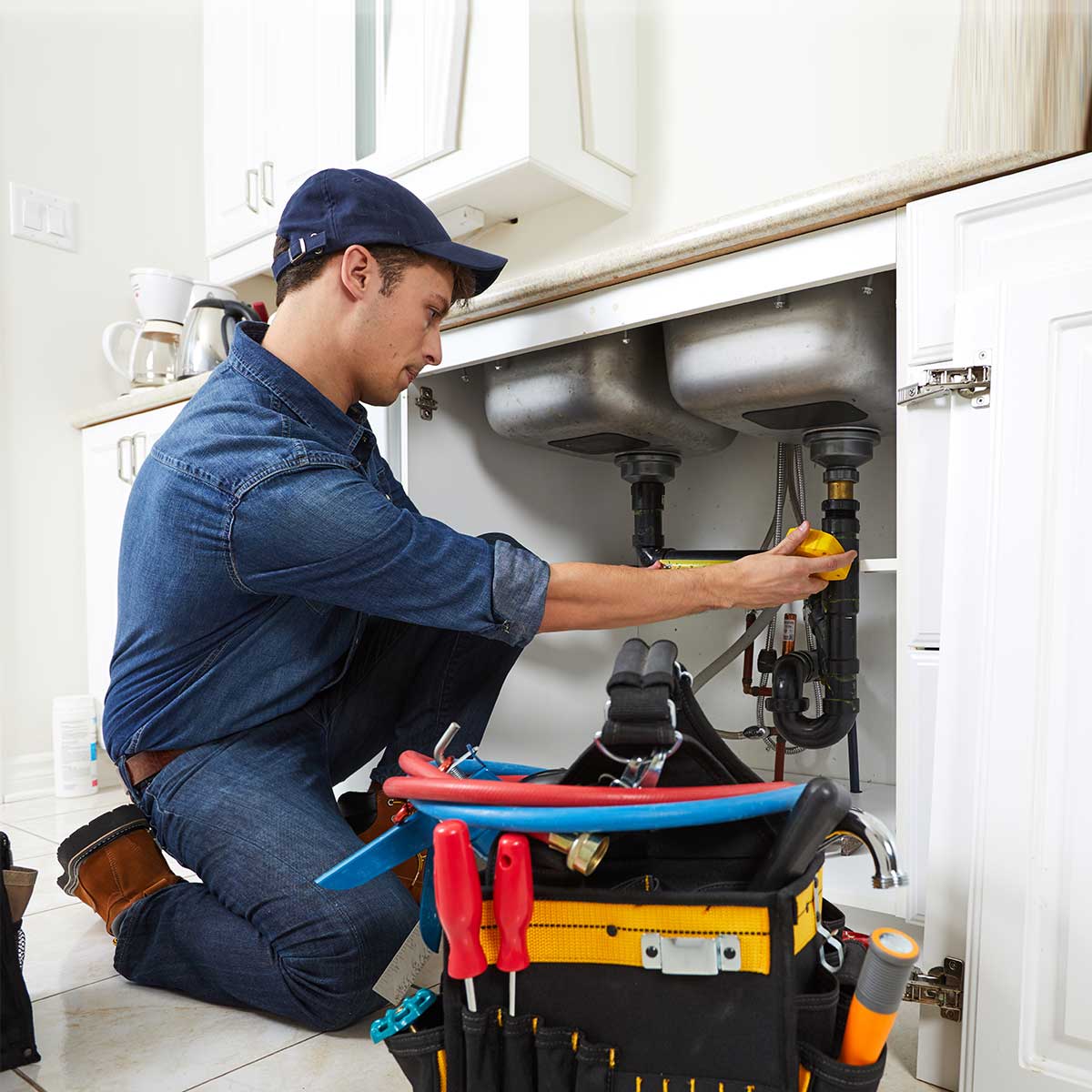The 5 Consistent Water Leak Factors
The 5 Consistent Water Leak Factors
Blog Article
The article below on the subject of Where to Find Water Leaks is pretty much fascinating. You should take a look.

"Beware of little costs. A small leak will certainly sink a fantastic ship." - Benjamin Franklin.
He couldn't have actually been much more best since water leakages in our houses cause a waste of resources, boosting our water costs. Although this rise may seem negligible at first, it can bring about substantial expenses that can damage your financial institution. Other than a rise in expenses, water leaks likewise create undesirable natural growth, architectural damages, and even electrical risks.
Figuring out if you have a water leak isn't constantly very easy due to being incapable to see most of the pipework in your home. If you have had a rise in your water bills recently, observed water discolorations on wall surfaces as well as ceilings, smelt lousy odor, etc. You might intend to take into consideration requesting plumbing solutions to get it looked into.
There are several reasons for water leakages, and also we have compiled the common reasons below. Inspect to see if you have had related issues in your house lately.
Obstructed drains
Food particles, dust, as well as grease can cause clogged up drains pipes as well as block the flow of water in and out of your sink. If undealt with, increased pressure within the gutters can end and create an overflow up splitting or bursting pipes. To prevent blocked drains pipes in your home, we recommend you to prevent putting particles down the tubes as well as routine cleaning of sinks.
High water stress
You noticed your house water stress is greater than typical however then, why should you care? It runs out your control.
It would certainly be best if you cared due to the fact that your average water pressure should be 60 Psi (per square inch) and also although your residence's plumbing system is created to stand up to 80 Psi. An increase in water stress can place a stress on your residence pipes and also bring about fractures, or even worse, burst pipelines. Get in touch with a specialist regarding regulating it if you ever see that your residence water pressure is higher than typical.
Rust
As your pipework ages, it obtains weaker as well as extra vulnerable to corrosion after the constant flow of water with them, which can gnaw at pipes and cause fractures. A noticeable sign of corrosion in your house plumbing system is discoloration and although this might be difficult to discover because of most pipes hidden away. Once they are old to make sure a sound plumbing system, we suggest doing a constant examination every couple of years and also transform pipelines
Deteriorated pipeline joints
Pipeline joints are the components of our plumbing system where the pipelines connect. It is crucial to keep in mind that also though pipelines are designed to hold up against pressure and last for a while, they weren't developed to last for life; therefore, they would certainly wear away over time. A typical indicator of harmed pipeline joints is too much noise from taps.
Busted seals
An additional source of water leaks in residences is broken seals of home devices that utilize water, e.g., a dishwasher. When such devices are installed, seals are set up around water ports for simple passage of water via the equipment. Thus, a damaged seal can create leakage of water when in operation.
With little or no expertise of plumbing, understanding your residence's plumbing system adequate to fix some of these problems (without repercussion) can be a hassle. Connect with plumbing experts in Pittsburgh, Divine Superintendence, Rochester, as well as environ today, as well as they'll make those problems vanish.
He could not have been more ideal due to the fact that water leaks in our houses result in a waste of resources, raising our water costs. If you have had a boost in your water bills lately, saw water stains on ceilings and wall surfaces, scented lousy odor, etc. A boost in water stress can place a strain on your residence pipes and also lead to fractures, or even worse, ruptured pipelines. An additional cause of water leakages in homes is broken seals of house appliances that utilize water, e.g., a dishwashing machine. When such appliances are mounted, seals are installed around water ports for very easy flow of water with the equipment.
5 TIPS IN DETECTING A WATER LEAK IN YOUR HOUSE
Water leaks can be hard to find in your home, yet they can be so common. We rely on water every day in our home, which is why a leak can cause big problems. By detecting them early, you can save money and further damage, getting the problem fixed as soon as possible. Here are 5 tips to help you detect a water leak in your home, so you can contact a plumber straight away and get the issue sorted.
Check your water meter
Many people underestimate the value of the water meter in their home. It can be one of the best ways to tell if you have a leak early on, so you can get on top of it before issues start arising. Start by turning off all the water in your home: taps, washing machine, dishwasher, etc. Now take a look at the meter – if it’s still changing with everything turned off, it’s likely you have a fast-flowing leak that you need to get on top of straight away. If nothing changes, then leave your meter for an hour or two and come back to it. Did it change in this time? It’s likely you have a slower leak, which isn’t as urgent but still handy to get fixed so it doesn’t become a bigger problem.
Keep an eye on your bill
Another good way to detect a leak in your home is by keeping an eye on your water bill. It helps if you have a past bill from the same period of time. You can compare like for like and determine whether your water usage has increased significantly. If it has, there may be a leak in your system that you haven’t picked up before. A professional plumber can check through all of your pipes and determine where it is coming from.
Look for damage
If you have a leak inside your home, you will notice damage over time. Take a look at your showers and bathtubs and note whether any of the tiles surrounding the area seem to be discoloured or damaged in any way. There may be water stains, mould or peeling material that has resulted from a build up of moisture over time. Make sure you take a look under sinks at the back of cupboards that don’t get accessed regularly. This is where damage can go unnoticed and build up over periods of time.

I came across that entry about How to Find and Prevent Water Leaks in Your Home when browsing on the web. You should take the time to promote this blog post if you appreciated it. Thanks for going through it.
Source Report this page